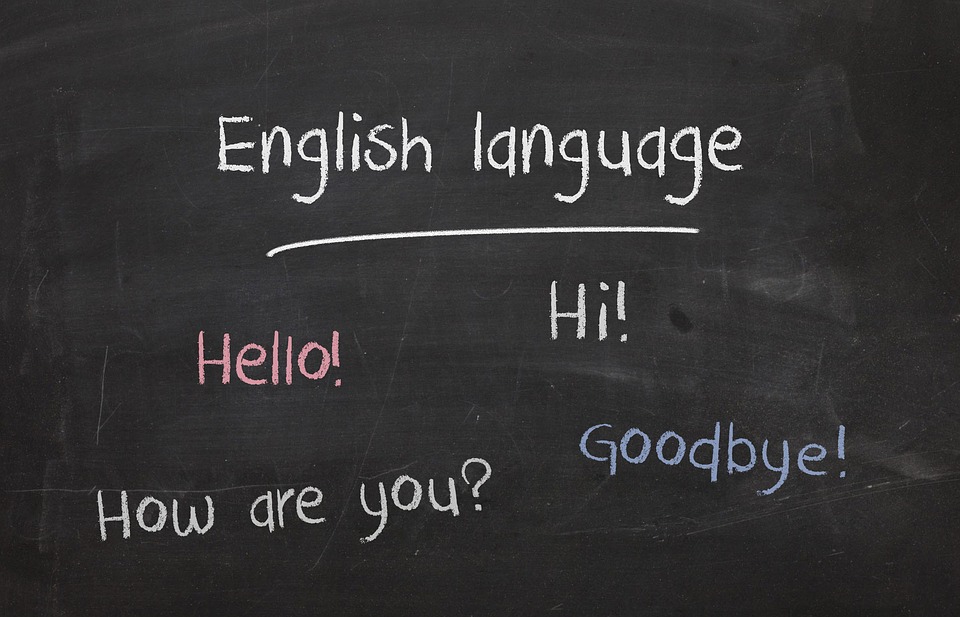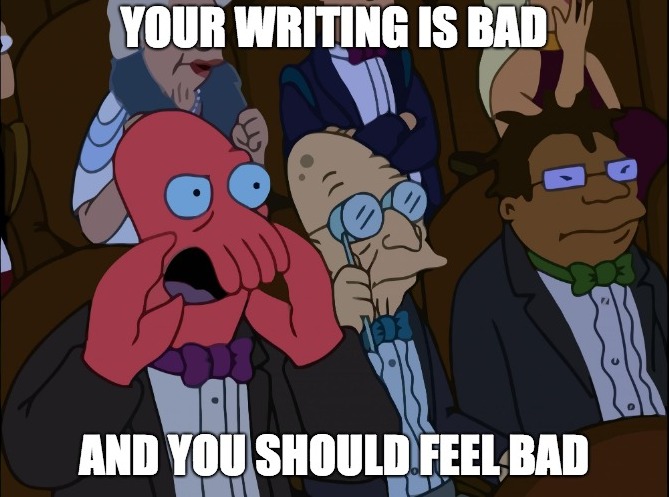 |
| Legalese is even older than this. |
"When you wish to instruct, be brief; that men’s minds take in quickly what you say, learn its lesson, and retain it faithfully. Every word that is unnecessary only pours over the side of a brimming mind." -Cicero, Roman politician and lawyer. A major influence on the Latin language.
"By 2100, about half the world’s languages will be lost, say linguists; one dies every 14 days. Don’t bet legalese will be among them." Why is this the case?
Today we're going to take a close look at Legal English, sometimes referred to pejoratively as "legalese". We're going to take a look at what legalese is, the history of it, and why the legal tech industry is working hard to disrupt it.
Legal English is a more formal version of the English language, with different logic and grammar rules from Standard English. Certain words have different meaning in a Legal English context. For example, in Legal English "consideration" refers to something of value that is exchanged between two parties.
 |
| It never hurts to keep it real. |
There are many reasons why lawyers use legalese, among them:
- It conveys the formalness of a situation. There is power in formality.
- The practice of law is rich in tradition. This is is the way things have always done.
- It creates a legal culture, one that separates lawyers from everyone else. How else are lawyers going to identify each other? See also: Shibboleth.
- If people don't know what they're paying for, they're inclined to pay more for it.
- A false sense of security. If you put more words on a document, it means you have all your bases covered right?
Ever since the 70s there has been a movement to abolish legalese from the English language, especially in government agencies and contracts.
The Plain Language Movement

"The most valuable of all talents is that of never using two words when one will do."
-Thomas Jefferson
- The 70s marks the beginning of this movement. Plain language sounds like something everyone should be able to agree on, but it comes with its own set of challenges. Will language lose its original meaning once it is simplified? Lawyers aren't necessarily the inventors of legal language, they're just the stewards of it. How do you undo hundreds of years of history?
- The Plain Writing Act of 2010 was signed on October 13, 2010 by President Obama. It requires federal executive agencies to use plain writing in every covered document that the agency issues or revises. Plainlanguage.gov is a great resource for learning how to write simply and clearly.
Regardless about how you feel about it, the Legal Tech world is gunning for you.
Reasons to Abolish Legalese
 |
| Photo by Zhen Hu on Unsplash |
- Speed is key when it comes to negotiating contracts. Time spent going back-and-forth with attorneys over clauses doesn't add value to your business. Plain English leads to clarity which improves upon speed.
- Eliminating legalese eliminates a lack of understanding. It gets everyone on the same page. Legalese has gotten so bad that there are instances where judges and lawyers can't understand what the other is saying. In the UK a Court of Appeal judge once told other judges to break this horrible habit.
- Good writing is clear and gets straight to the point. Legalese obfuscates what you're trying to say. If you struggle to write clearly, own up to it and take a legal writing class.

Bottom Line
Asking if legalese should still be practiced is out of the question. Legal Tech is coming for you. It's not a question of if, but when. AI is already being used for contract review and due diligence. Legal AI has been shown to save anywhere from 20 to 40% of lawyers' time on repetitive tasks. JP Morgan claims that it created contract review software that does 360,000 billable hours' worth of work in seconds. If your goal is to write a contract that no one else can read, well good luck with that. That ship has sailed.
As the world grows in complexity, technology is playing an integral role in combatting this. In regard to reducing complexity, the very least you can do is write legal documents that other people can read.
See also:
An Introduction to Legal Tech - 3 Signs You Need a Software Solution
How to Speed-read Through Legal Texts
Want a smart Case Management System
that just works?


Leave a Reply